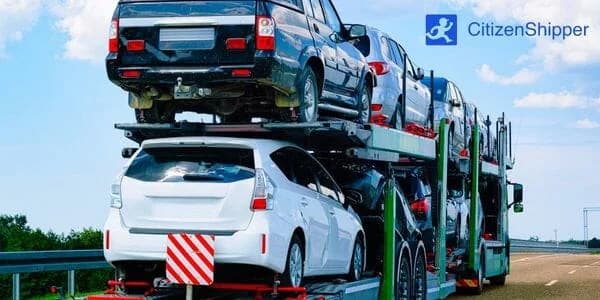Navigating Car Transport in Reno, NV
When it comes to shipping your car in Nevada, there's a world of factors to consider. Nevada, with its desert climate, vast open highways, and unique geographical challenges, presents a distinct set of circumstances. But don't worry! Here at CitizenShipper, we are committed to helping you navigate through it all. Whether you're moving into or out of Reno or need to transport your car for any reason, our expert team is here to help.
Nevada's Vehicle Transportation Laws & Regulations
In Nevada, car transportation laws and regulations are in place to ensure the safety and preservation of all vehicles and public roadways. Auto transporters must adhere to the Federal Motor Carrier Safety Administration (FMCSA) regulations for safety. Compliance involves ensuring that all vehicles are properly secured during transport and maintaining necessary documents for every shipped vehicle.
All auto transporters operating in Nevada must also possess an active MC Docket number, issued by the FMCSA. This number signifies that a transportation company is registered under the federal government, allowing them to legally operate across state lines. Nevada also has specific weight limits and oversized load regulations that transporters must follow, particularly important when shipping through mountain passes or desert highways.
Weather & Terrain Considerations in Reno, NV
Weather patterns in Reno, NV have a significant impact on car shipping. Located in the high desert at the foot of the Sierra Nevada mountains, Reno experiences a semi-arid climate with four distinct seasons. Summers are hot and dry with temperatures often exceeding 90°F, while winters can bring significant snowfall, especially in the surrounding mountain passes like Donner Summit on I-80.
Reno's elevation (4,500 feet above sea level) and proximity to mountain passes can create transportation challenges during winter months when heavy snow and ice can temporarily close major routes. The region's temperature extremes, from summer heat to winter freezes, can also affect transport timing and vehicle preparation. It's beneficial to plan ahead and account for possible weather-related delays, particularly between November and March when winter storms can impact the major transportation corridors connecting Reno to California and the rest of Nevada.








